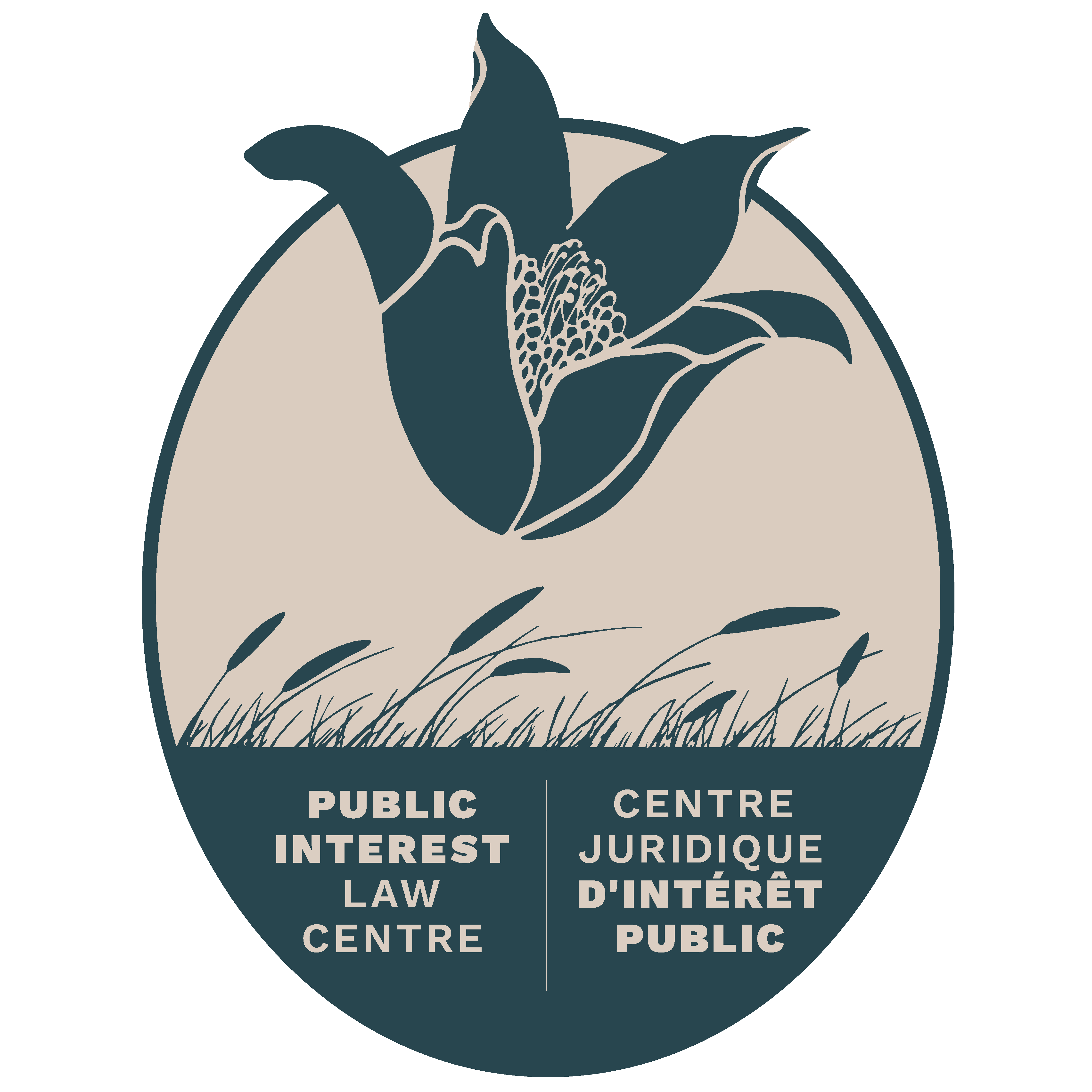Disability Rights
Accessible Limousine Service
In 2012, the Manitoba Taxicab Board turned down a Winnipeg business operator’s application to establish an accessible limousine service in Winnipeg. Initially the board declined to provide the operator with written reasons. With the assistance of the Public Interest Law Centre (PILC), he received brief reasons, namely that the board believed “people with disabilities had enough accessible transportation.”
PILC successfully had the denial overturned by the Manitoba Court of Appeal. In 2014, the business re-applied to the Board and a licence was issued for the service.
Saying No NIMBYism, Saying Yes to Inclusion
In 2010, New Directions for Children, Youth, Adults & Families sought to convert a home in Springfield into a residence for up to three adults with intellectual disabilities. The rural municipality argued that the home would be a group home and required a zoning variance. In partnership with pro bono partners Taylor McCaffrey LLP, PILC represented New Directions before the Manitoba Human Rights Commission. The issue was successfully mediated, leading to amending of a number of by-laws to ensure that they were not discriminatory, and the conversion of the home.
Removing Barriers in the Labour Market
In 2008, Barrier-Free Manitoba (BFM) was formed as a non-partisan, non-profit, cross-disability initiative to lobby for the removal of barriers facing persons with disabilities. PILC provided BFM with ongoing legal advice. After a five-year campaign, the Accessibility for Manitobans Act (AMA) was unanimously adopted by the Manitoba Legislature. This made Manitoba the second Canadian jurisdiction to enact legislation aimed at removing barriers to persons with disabilities in the labour market and in day-to-day services.
Improving Service at the Manitoba Developmental Centre
In 2011, a resident of the Manitoba Developmental Centre in Portage la Prairie died of strangulation when she became entangled in a seatbelt that intended to secure her to a wheelchair. PILC represented People First of Canada at the inquest into her death and presented arguments supporting the implementation of person-centred planning that could serve to prevent similar tragedies. The judge overseeing the inquest incorporated these recommendations in his report.
Gaining Fair Pay for Persons with Disabilities
Up until 2013, the Manitoba government could issue permits to employers that would allow them to pay individuals with disabilities less than the minimum wage. PILC helped the Manitoba League of Persons with Disabilities draft a legal opinion arguing that these permits violated the Charter of Rights and Freedoms. Shortly after receiving the opinion, the provisions of the Manitoba Employment Standards Code that allowed this practice were repealed.
Promoting Community Living
Working with Community Living Manitoba, PILC launched a human rights complaint against the continued institutionalization of persons with intellectual disabilities by the Province of Manitoba. The case was settled when the Province agreed to return 49 persons to their communities. By 2016, most of these individuals had found new lives outside of an institutional setting.







